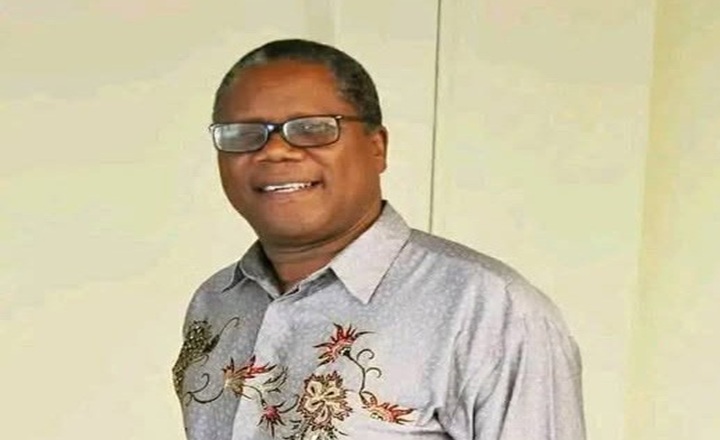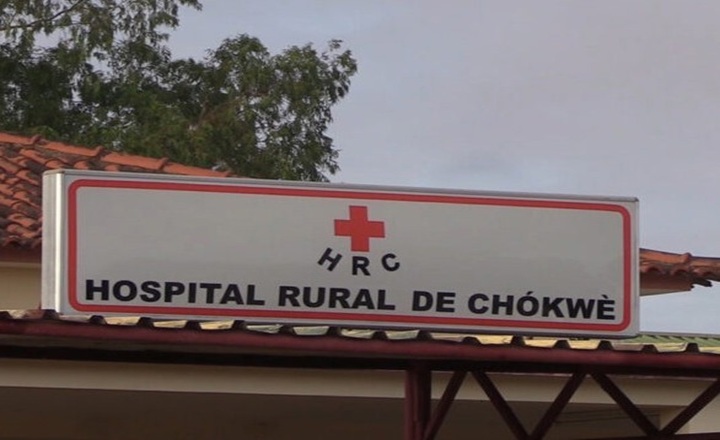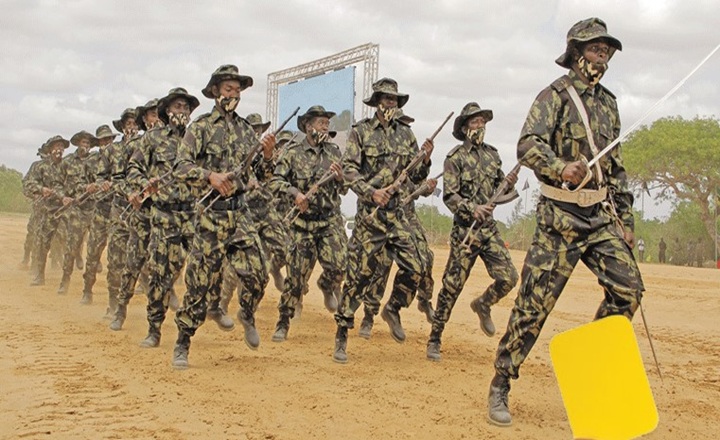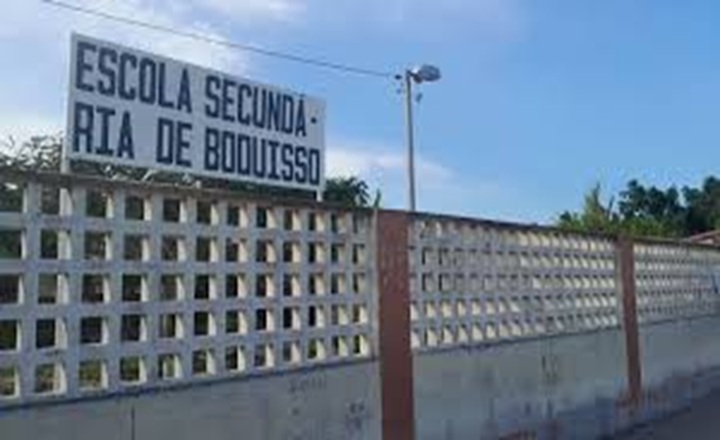
New Social Communication Law: An Attack on Freedom of the Press?

In Mozambique, the proposed new Social Communication Law has become a topic of great concern for journalists, activists, and civil society. The change comes after more than 30 years of the 1991 Press Law, which has now been outdated by the country's new political and social dynamics. Updating the legislation is undoubtedly necessary, but the crux of the matter revolves around what the government is proposing and how it impacts freedom of expression and media independence.
The new law comes at a time when critical voices against governance have intensified, creating an atmosphere of growing opposition to the country's political institutions. In this context, the proposed amendment to the Social Communication Law is seen by many as an attempt by the state to further restrict press freedom and control media content.
The Bill: A Risk to Independent Media?
Among the most controversial aspects of the proposed law is the inclusion of clauses that allow the State to acquire equity stakes in private media outlets, which, according to many journalists and experts, would seriously compromise the independence of the press. Furthermore, other modifications suggest stricter oversight and the imposition of editorial control that could undermine freedom of expression.
As part of this crucial debate, we interviewed Salomão Moiane, a renowned figure of proven merit and a leading figure in the Mozambican media, to analyze the current state of the communications sector in Mozambique. Moiane has a long career in journalism and is widely respected for his work defending press freedom and fighting for transparency in the media.
Interview with Salomão Moiane: Reflections on the New Social Communication Law
JP&B:Salomão, you've been a prominent voice when it comes to the Mozambican media and freedom of expression. The proposed new media law is generating considerable debate. What is your view of this proposal, particularly regarding the potential state involvement in private media?
Solomon Moiane:I view this with great concern. The proposal to allow the State to have a stake in private media outlets is a clear attempt to control the media. The State already has control over public media outlets, such as Radio Moçambique and TVM, but now the intention is to extend this control to private media outlets. This is extremely problematic, because the independence of the press is essential to a functioning democracy. We cannot allow the government to influence private media outlets, because this weakens the press's ability to act as a watchdog against power.
JP&B:You mentioned press independence, which is a fundamental value. The proposed law includes several points that many consider a"strangulation" of freedom of expression. Are there any specific articles that you find particularly troubling?
Solomon Moiane:Yes, there are three articles that I consider particularly serious. The first is Article 10, which addresses the licensing and oversight of media outlets. It gives the government the power to broadly regulate who can and cannot operate as a media outlet. This is dangerous because it opens the door to veiled censorship, where the government can simply shut down or hinder the operation of any media outlet that opposes its policies.
The second point is Article 15, which deals with the regulation of editorial content. This article addresses the imposition of "ethical and behavioral standards" for journalists and the media. There is no clear definition of what would be considered ethical or correct. This could be used to shape the media to the government's will, forcing journalists to self-censor to avoid sanctions.
The third point is Article 18, which creates a National Council for the Regulation of Social Communication, with members appointed by the government. This raises serious questions about the independence of this body, because if it is composed of people aligned with the government, it will certainly not be impartial. In any healthy democracy, media regulation should be carried out independently, without interference from the executive branch.
JP&B:These articles really raise crucial questions. Now, regarding editorial content control, you mentioned the imposition of behavioral norms. How does this affect journalists' day-to-day work?
Solomon Moiane:Controlling editorial content is one of the most effective ways to restrict press freedom. Journalists need the freedom to investigate, question, and expose the failings of government and institutions. When legislation begins to define what is "ethical" or "correct" in terms of coverage, it puts tremendous pressure on journalists. They begin to self-censor, fearing reprisals, such as job loss or legal action. Journalistic practice should be guided by truth and responsibility, not by pressure from a government or any other authority.
JP&B:You mentioned the lack of independence of the National Council for the Regulation of Social Communication. Do you believe that the creation of such a government-controlled body could further weaken the media in Mozambique?
Solomon Moiane:Without a doubt. The Council would be a crucial entity for ensuring that media standards are fairly followed, but if it were composed of people with political ties to the government, its ability to guarantee an independent media environment would be severely compromised. The government cannot be the arbiter of press freedom. This poses a significant risk to democracy. Instead of helping regulate the media, what would likely happen is that it would use its power to silence critical voices and promote a single narrative that favors the government.
JP&B:Your vision for the creation of this Council is quite clear. But, in terms of mobilization, has the journalistic profession in Mozambique shown resistance to these proposals? What role have journalist organizations played in the debate over this new law?
Solomon Moiane:Unfortunately, the journalistic profession in Mozambique is deeply divided. What we have is a union that doesn't truly represent journalists' interests. Many journalists are afraid to speak out against the government or openly question proposed laws because they fear reprisals. Furthermore, there is a lack of unity within the sector. Attempts to create a solid organization for journalists, such as the Mozambican Association of Newspaper Companies, have largely failed because journalists are so fragmented. And even among newspaper owners, many are more concerned with personal or political interests than with strengthening press freedom.
JP&B:This is a very important point. Without unity, it will be difficult for the journalistic profession to stand up to a government with a very clear agenda. So, how do you see the future of the media in Mozambique if these changes are implemented?
Solomon Moiane:If these changes are implemented, the future of the media in Mozambique will be very bleak. Press independence would be severely compromised. Freedom of expression would become an illusion, and journalists, instead of exercising their role of oversight and criticism, would be forced to align themselves with the government. This not only weakens democracy but also limits citizens' right to free and impartial information. To avoid this, it is essential that journalists and civil society mobilize to push for legislation that protects media independence and guarantees press freedom.
JP&B:Salomão, your perspective is crucial for us to understand the impact this law could have. Is there any final message you'd like to leave for journalists and Mozambican society?
Solomon Moiane:Yes, I would say that in times like these, when press freedom is under threat, it is more important than ever for journalists and citizens to unite to defend their rights. The media is an essential pillar of democracy, and we cannot allow it to be weakened or controlled. The fight for freedom of expression is a constant struggle, and we must all be ready to defend the truth and the independence of the press, no matter what.
The New Law and the Fight for Freedom of the Press
Mozambique's new proposed media law presents a critical turning point for the future of the country's media. The proposed changes, especially those involving state control over private media, are seen by many as a setback in the pursuit of freedom of expression and journalistic independence.
With the analysis of figures like Salomão Moiane, it becomes clear that the path forward is to defend free and independent media, essential to ensuring transparency, constructive criticism, and the strengthening of democracy. For this to happen, journalists, civil society, and human rights organizations must mobilize to ensure that future media regulations in Mozambique protect press freedom and prevent state control over the media.
Outras noticias

Society
19-year-old woman arrested for kidnapping newborns at Chókwe Rural Hospital
2026-01-08

Society
Tension in Salamanga: Conflict between the Community and Rangers of the Maputo Reserve
2026-01-08

policy
YELLOW CARD NO. 1 OF THE YEAR: BETWEEN PROMISES, POPULISM AND THE URGENCY OF NATIONAL PRIORITIES
2026-01-08

policy
YELLOW CARD FOR THE FIRST PRESIDENTIAL REPORT: NARRATIVE ARROGANCE, SYSTEMIC CONTINUITY, AND THE WASTE OF A FIRST YEAR OF HOPE
2025-12-25

Society
Intaka-Boquisso road floods after inauguration, leaving residents outraged
2025-12-25
Copyright Jornal Preto e Branco All rights reserved . 2025